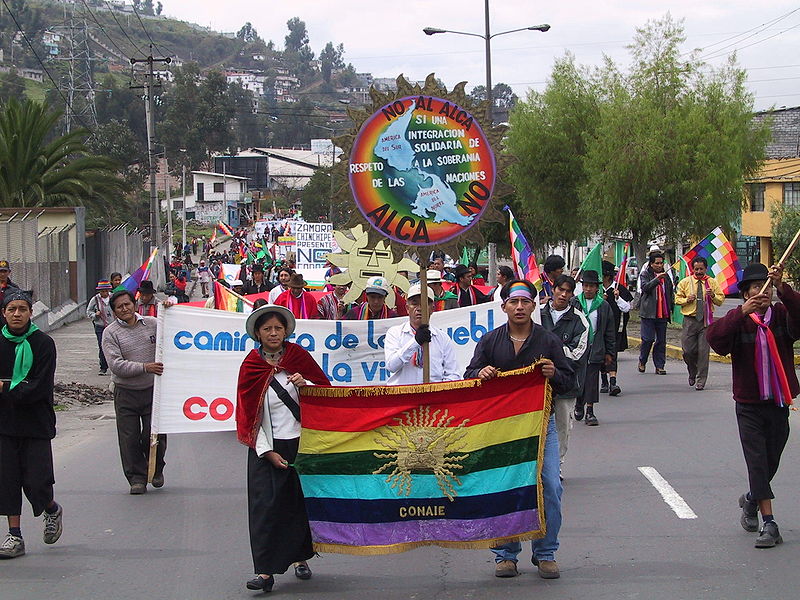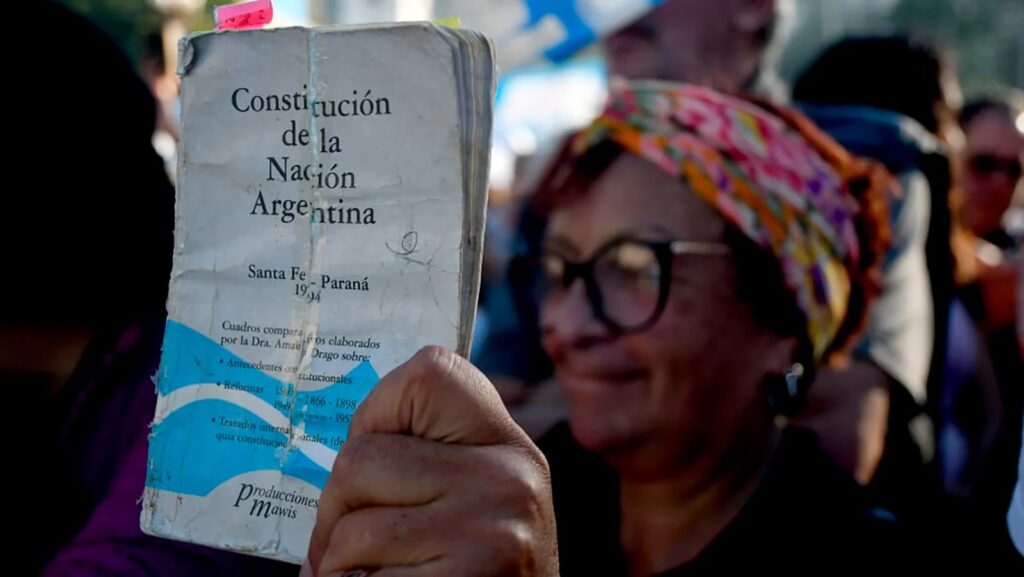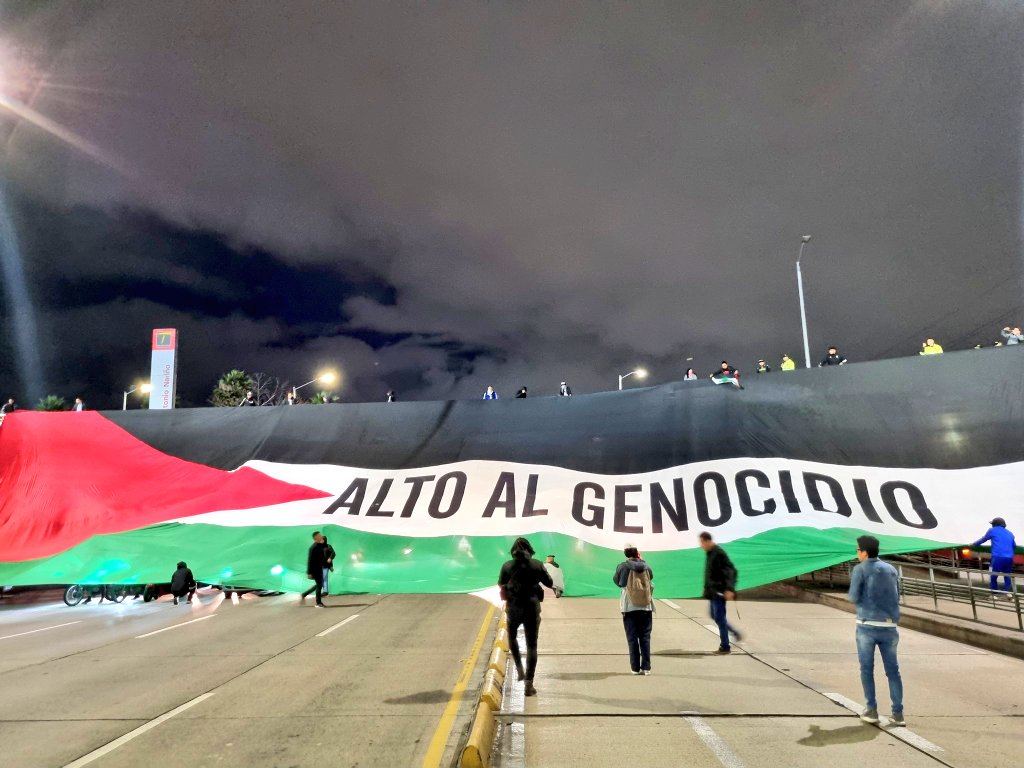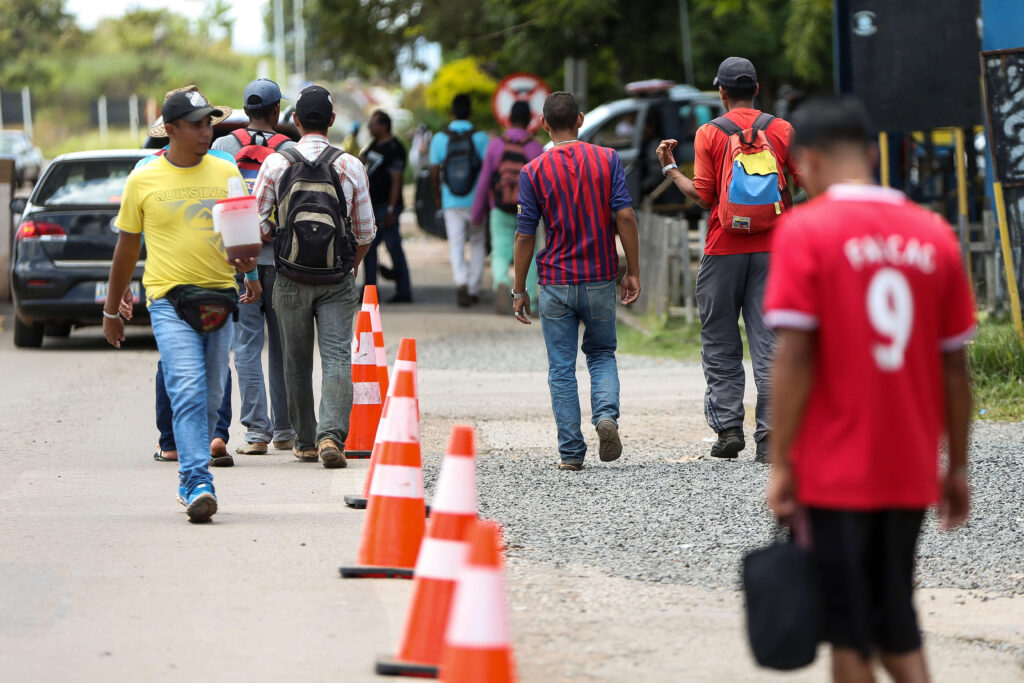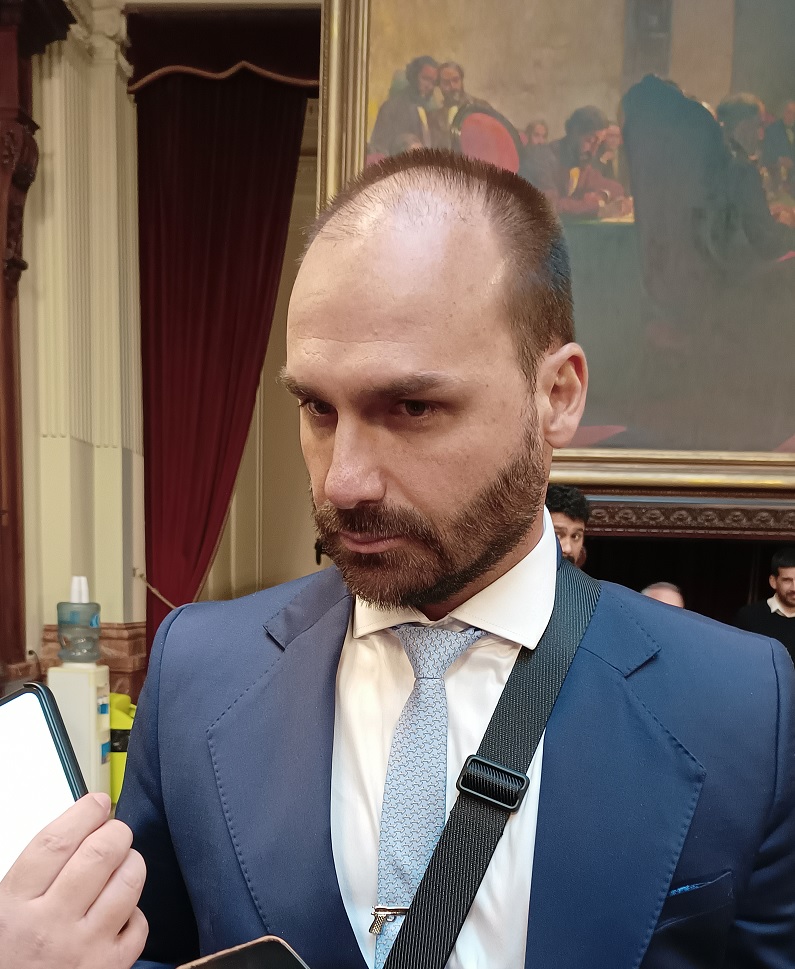For the last fourteen years in Uruguay, the center-left coalition Broad Front has governed the country. If results from the second presidential run-off elections hold up, indicating a lead for the center-right candidate Luis Lacalle Pou, the politics of the country could be shifting right, under a new coalition called Multicolor.
On Sunday, November 24, Lacalle Pou, the son of former conservative president Luis Alberto Lacalle, received 48.71 percent of the vote while Broad Front candidate Daniel Martínez registered 47.51 percent. But due to how close the results were in these elections, the provisional ballots — which exceed the margin between the two candidates — could technically swing the outcome in the other direction.
The first round of presidential elections, which excluded the count of provisional ballots, took place on Sunday, October 27, in which the candidate for the incumbent coalition, Martínez, came out ahead with 39.2 percent of the vote, compared to Pou’s 28.6 percent.
According to Infobae, surveys predicted that Lacalle Pou would win more convincingly, with polls up until 24 hours before election day having him ahead of Martínez by at least seven percent. A major tactic in Pou’s campaign and platform has been to unite voters aligned with the parties that oppose the incumbent Broad Front.
Following the release of the provisional results, Martínez — a former mayor of Montevideo — warned against the right-wing and “fundamentalist” policies espoused by the five-party coalition formed to oppose him.
Meanwhile, Lacalle Pou seemed unphased that his victory was not yet official, adding that he thought the result was “irreversible.” He did, however, implicitly recognize the division represented by his own predicted victory, calling on the need for peace and unity in Uruguay.
If his victory is confirmed, it could signify important changes on the horizon for the Southern Cone nation. Thus far, Uruguay has built a reputation as a bastion for liberalism in the region, having been the first Latin American country to legalize abortion, marijuana, and same-sex marriage.
The electoral court has informed the public that it will deliver the definitive outcome by Friday.




